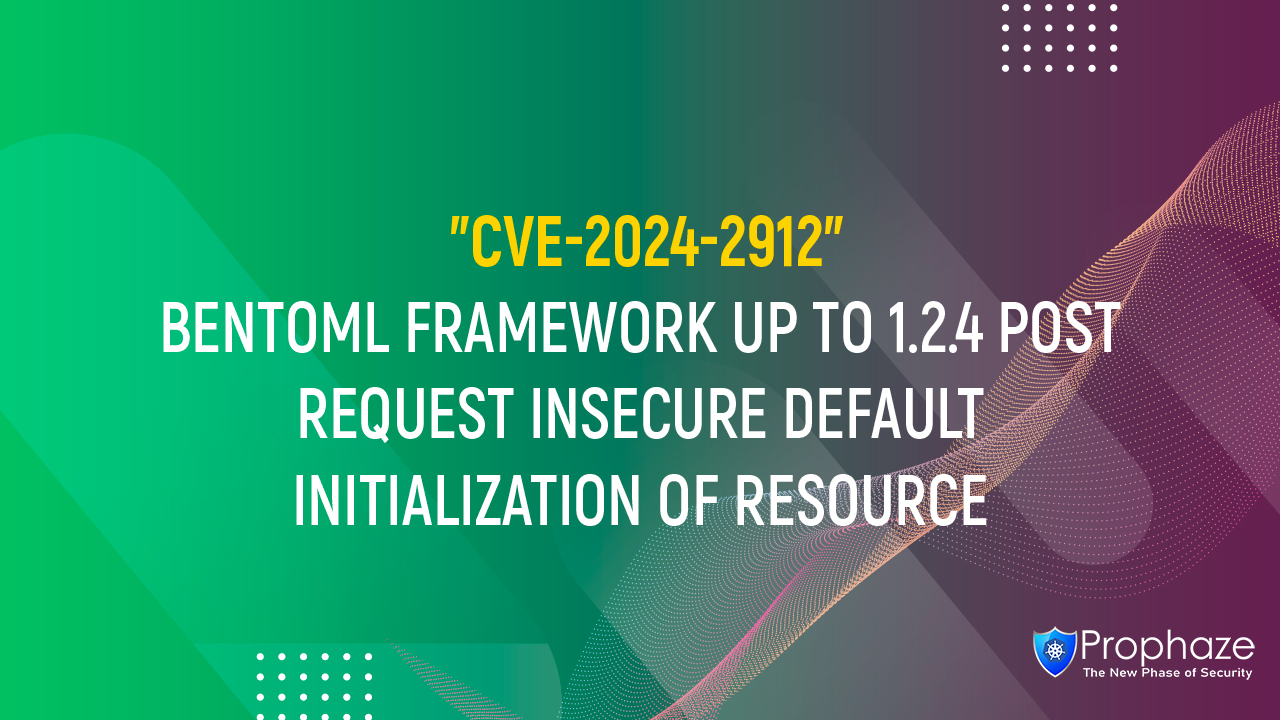| Ängelholm Overview : |
| The Elementor plugin before 2.8.5 for WordPress suffers from a reflected XSS vulnerability on the elementor-system-info page. These can be exploited by targeting an authenticated user. |
| http://snyderartdesign.com/doodle-art-hunt-art-in-the-village/ Affected Product(s) : |
|
| Vulnerability Details : |
||||
Solution : Whilst this XSS was not a particularly difficult one to find, it had some nuances that made it awkward to find the right working payload. Persistence and a couple of hours free time were enough to get this working nicely. The developers of Elementor were contacted prior to this post to ensure they had adequate time to remediate the issue. This has now been fixed with some extra sanitization. If you are using Elementor 2.8.4 or below, please update now to the latest version |





